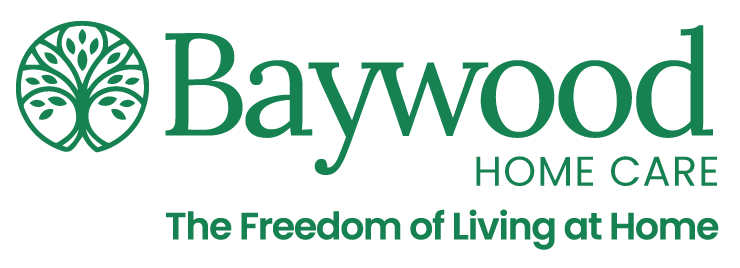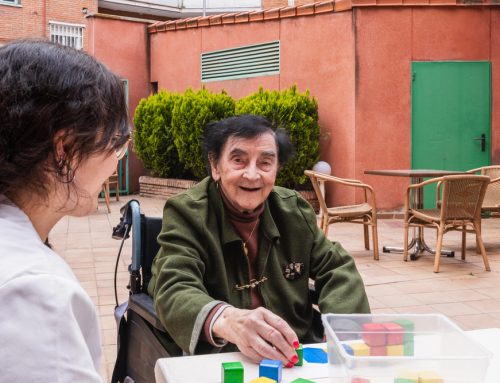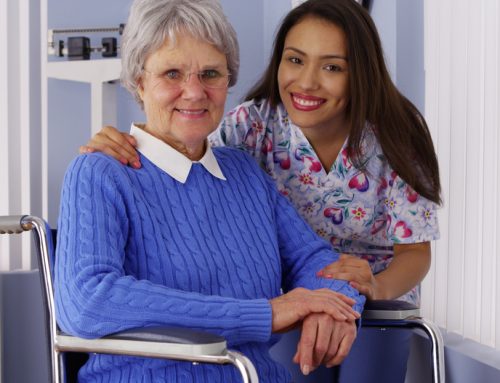Cultural traditions hold their own special place, especially in today’s fast-paced, digitalized world where everything seems available at the click of a button. But when you have a senior at home, integrating tradition into their daily lives becomes more important than ever. Hiring well-trained and experienced in-home caregivers—like those from Baywood Home Care—ensures that these traditions are not lost. Instead, they’re seamlessly woven into day-to-day routines. This blog post explores how cultural traditions and values can be preserved and honored through compassionate in-home care.
Home Care & Cultural Traditions
Cultural traditions shape personal identity and connect individuals to their roots. For many seniors, especially those from diverse backgrounds, traditions are a source of comfort and pride. When in-home caregivers are involved, seniors often wish for their cultural values and customs to remain intact. Respecting these traditions isn’t just a preference, but it becomes a core part of care.
Understanding cultural differences in caring for the elderly allows caregivers to offer thoughtful, personalized assistance that aligns with the senior’s lifestyle. Caregivers should show sensitivity to different traditions and integrate them into the daily care plan. This kind of care not only maintains the senior’s comfort level but also strengthens the relationship between caregiver and client.
Food: A Taste of Home
Food is one of the strongest expressions of cultural identity. It’s often the first connection to family traditions and heritage. For seniors receiving in-home care, enjoying traditional meals can offer emotional reassurance and a deep sense of belonging.
When caregivers understand the cultural significance of certain dishes and work collaboratively with clients to prepare them, it enriches the caregiving relationship. For example, an American caregiver supporting an Italian senior might prepare traditional homemade pasta. For a Japanese senior, that same caregiver may learn to prepare and serve comforting miso soup. These thoughtful gestures reflect an awareness of cultural differences in elderly care, making the caregiving experience more personal and meaningful.
Festivals & Holidays
Each culture celebrates unique festivals and holidays—times that carry strong emotional connections and joyful memories. These occasions offer excellent opportunities for shared celebration and deeper connection between seniors and caregivers.
In-home caregivers should actively participate in such traditions, whether that means decorating the home with traditional items, helping cook festive meals, or engaging in holiday-specific rituals. When caregivers embrace these customs, it fosters a feeling of belonging and warmth for the client. Seniors feel more seen and valued, and the spirit of the celebration becomes a beautiful part of the caregiving journey.
Traditional Dance & Music
Dance and music are expressive elements of every culture. They can bring immense joy, nostalgia, and emotional healing, especially for seniors. Caregivers can use culturally relevant music to create a calming and joyful environment for their clients. Whether it’s playing traditional tunes from the senior’s youth or watching dance performances online, these activities uplift the spirit and promote well-being.
Understanding cultural differences in caring for the elderly also includes recognizing how seniors relate to these forms of expression. Some may find comfort in gospel music, while others might prefer folk songs, classical ragas, or lullabies from their native country. Integrating such preferences into care helps seniors feel emotionally supported and deeply connected to their heritage.
Conclusion
At Baywood Home Care, we value and honor the cultural identities of our clients. Our caregivers are trained not only to meet physical needs but to embrace and support the traditions that matter most.







